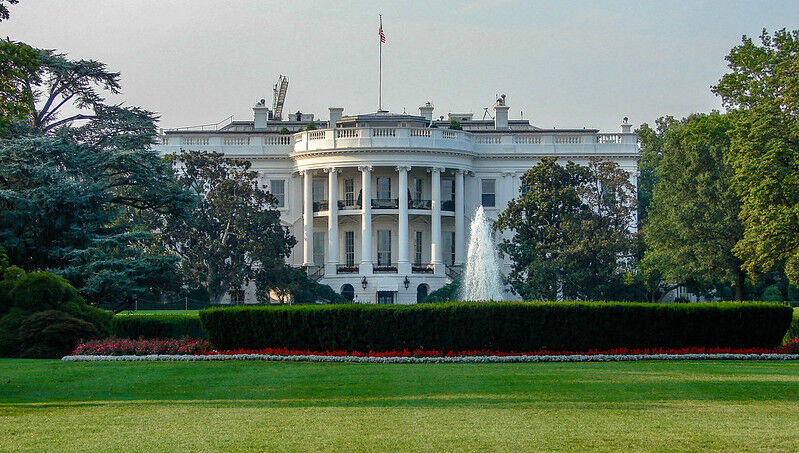Editorial: What is an acceptable risk?
The ISD Editorial Board asks whether prominent politicians — such as the president or members of Congress — should receive security clearances before being elected.
October 6, 2020
What makes a person vulnerable? We talk about it as a society. We talk about how it can be hard for people to open up about the struggles they face. We encourage people to share these thoughts. Maybe you are going through financial issues, or you are in an unhealthy relationship. Maybe your job stresses you, or someone in your family has medical issues.
Admittedly, you do feel vulnerable when you openly share with your closest friends, family or even therapist about it. But what if someone enters your life that already knew these things about you because they investigated you for nearly a year?
It’s a little intimidating to think about, but that is exactly what members of the United States intelligence community and military go through in order to receive the security clearances they need to fulfill the duties for their jobs.
While these background investigations eliminate candidates who are deemed untrustworthy or criminal, the real target is to identify candidates who pose a security risk, who are vulnerable to whatever leverage someone could hold over them. For example, the National Security Agency probably isn’t recruiting criminals. But the real threat is the highly competent computer analyst that they do want to hire who also happens to have unpayable gambling debts.
This is actually incredibly reassuring as a citizen. Those people entrusted with gathering, keeping and making decisions with sensitive information are vetted well and generally don’t pose a security threat. This is only possible because people must apply for these jobs, and if they don’t qualify, they don’t get the job.
But what if people voted for you, and you won an election, and you were entitled to the job? Should politicians elected to office be allowed to view classified material despite how they haven’t undergone a background investigation and don’t hold the necessary security clearance?
This is actually a very interesting question when posed to the Executive Office of the President, who is the authority on classification and declassification. It’s also relevant to members of Congress (especially those who serve on intelligence and judiciary committees who are often presented with reports and evidence of a sensitive nature).
Don’t mistake the background investigation process for a security clearance for finding good people. Politicians are good people in that they aren’t seeking office to undermine the security of the United States. There are much easier and better ways to do that. The goal of the background investigation process and the security clearance system in general is to minimize risk.
So why do we accept the risk that congressmen, senators and the president pose when they don’t hold the proper security clearances for the information they deal with?
Are these people so amazing, with ideas so brilliant, that only they can solve the country’s problems? Perhaps that is true, but it seems more likely other people exist who can represent Americans without the risk many of our current politicians pose.
The ability to obtain a security clearance isn’t a qualification for any of these jobs, so to require it of current politicians would be wrong. The people have spoken and they are okay with the current risk-to-reward ratio. Admittedly, these high-ranking politicians haven’t breached our trust yet.
But it only takes one slip. That’s the unfortunate truth. Even with very low risk, a single event can threaten the national security of the United States. And you know our enemies are trying.
Don’t take these thoughts with you to the polls in November. It’s impossible to know if a candidate would qualify for a security clearance. But do think about risk assessment.
We require the president to be born in the United States and require members of Congress to be citizens to minimize the risk of loyalty to another state. We are okay with barring certain individuals from office despite their amazing ideas and willingness to represent Americans all because we believe they pose a security risk.
Is it time to reevaluate what is acceptable risk? Should these high-level politicians with access to classified information be required to pose the same risk as every other American with similar access?







